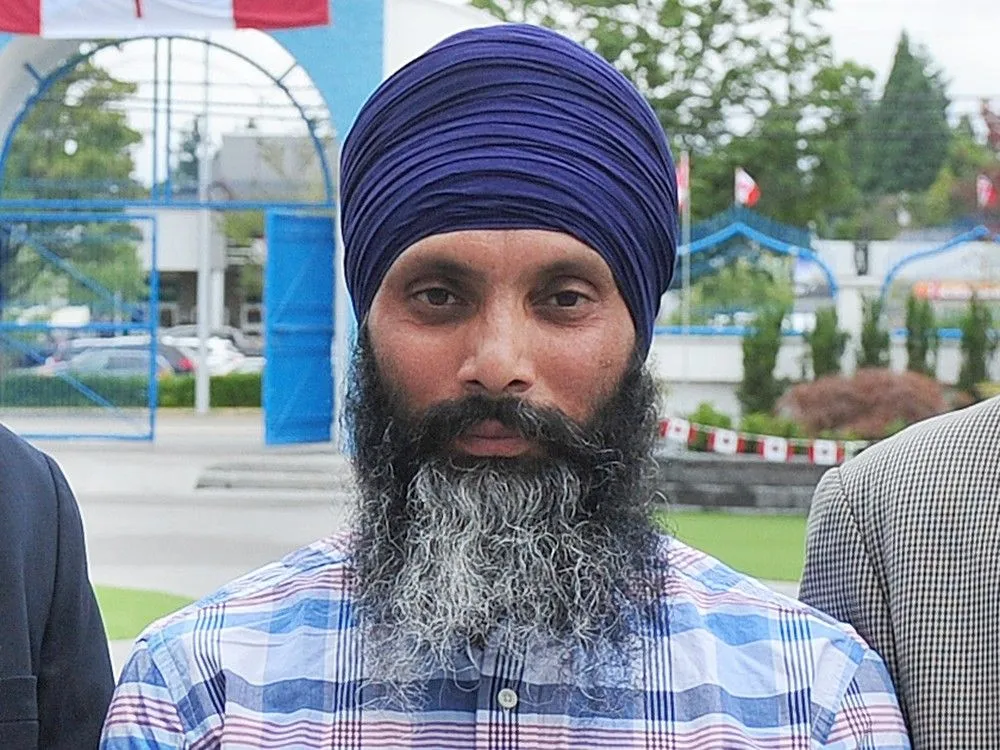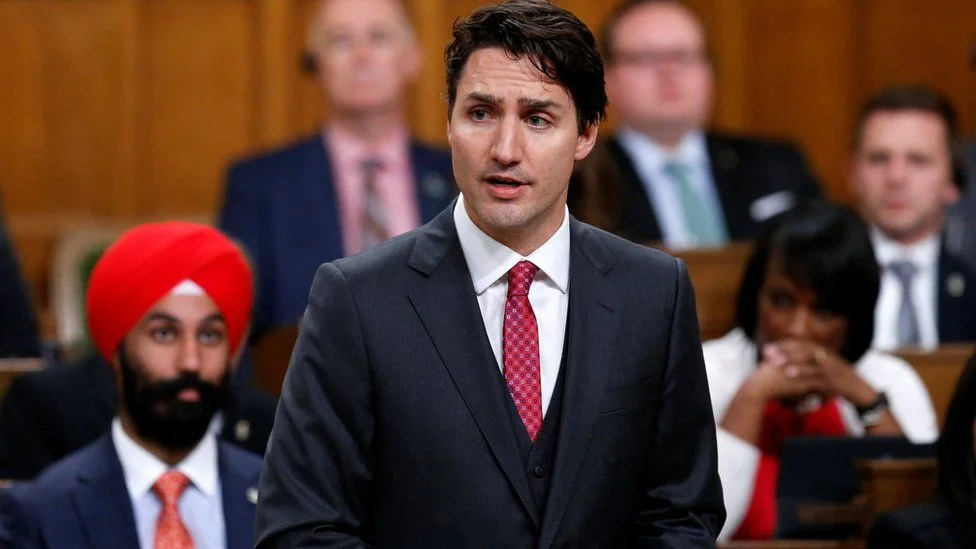In a startling revelation, a classified report has emerged, shedding light on how the Canadian government, in 2017, chose to withhold vital information regarding Indian interference in its territory. The report, prepared by the National Security and Intelligence Committee of Parliamentarians (NSICOP), exposes the Canadian Security Intelligence Service’s (CSIS) warnings about Indian intelligence services using diplomatic networks to target the Canadian Sikh community, posing a significant threat to national security.
CSIS’s Alarming Warning
In 2017, CSIS presented a detailed report that outlined the sinister plans of Indian intelligence networks operating in Vancouver and Toronto. The report highlighted their intentions to attack the Sikh community in Canada and recommended disrupting the influence of the Indian spy agency, Research and Analysis Wing (RAW), in Canadian national affairs. CSIS further recommended immediate action to safeguard Canadian Sikh interests. However, the Canadian government, led by Prime Minister Justin Trudeau, decided to keep the matter under wraps, citing “political sensitivity” as the primary reason.
National Security Compromised
The classified report, finalized in June 2019, paints a grim picture of how Indian diplomats in Vancouver and Toronto continued to run these covert networks “unabated” while the Canadian government turned a blind eye. The decision to downplay the threat was primarily influenced by concerns that taking action against the Indian spy network might jeopardize diplomatic relations with India, as Prime Minister Trudeau had plans to visit the country at that time.
Assassination of Sikh Leader

The shocking revelations resurfaced following Prime Minister Trudeau’s disclosure in Canada’s Parliament, directly linking the Indian government to the targeted murder of Hardeep Singh Nijjar, a prominent Vancouver Sikh community leader. Nijjar served as the President of the Canadian chapter of the Khalistan Referendum, a campaign spearheaded by the pro-Khalistan separatist group Sikhs For Justice (SFJ) worldwide. The assassination occurred in June 2023 outside a Sikh cultural center in Surrey, British Columbia.
India’s Covert Activities
The NSICOP report goes beyond this revelation, indicating that the Trudeau administration frequently ignored CSIS’s warnings about Indian diplomats’ interference in Sikh diaspora communities and Canadian elections. Although the report mentions interference by two other countries, it singles out India as the most egregious offender.
The report reveals that Indian intelligence activity in Canada increased around 2016, targeting the Indo-Canadian Sikh diaspora and government institutions. The Indian diplomats responsible for these activities, identified as “Parag Jain” in Ottawa and “Amar Jit Singh” in Vancouver, were engaged in recruitment, monitoring, and influencing voting in favor of pro-India candidates.
These diplomats also allegedly facilitated visas for Indo-Canadian politicians and used a community proxy to donate cash to a federal party candidate. Despite having evidence of these activities in 2016, CSIS’s efforts to neutralize Indian interference networks were blocked for political reasons.
A Startling Pattern
This is not the first time that Indian intelligence activities in Canada have raised concerns. In April 2020, it was revealed that Indian intelligence agents working for RAW and Intelligence Bureau (IB) attempted to covertly influence Canadian politicians using money and disinformation. The case involved an Indian national accused of espionage on behalf of Indian spy agencies.
The revelations were particularly embarrassing for India, given that a German court had previously sentenced an Indian couple for spying on Kashmiri and Sikh freedom groups on behalf of RAW.
The recent disclosures have prompted Prime Minister Trudeau to pledge public investigations into foreign interference, including activities linked to India. The expulsion of the head of Indian intelligence in Canada, Pavan Kumar Rai, further underscores Canada’s commitment to addressing these threats.
As Canada grapples with the implications of these revelations, questions about the past inaction of the government and the absence of a foreign agent registry may also come under scrutiny. The importance of safeguarding national security while balancing diplomatic relations remains a complex challenge for Canada, but the recent disclosures serve as a stark reminder of the need for transparency and vigilance in safeguarding its sovereignty.




